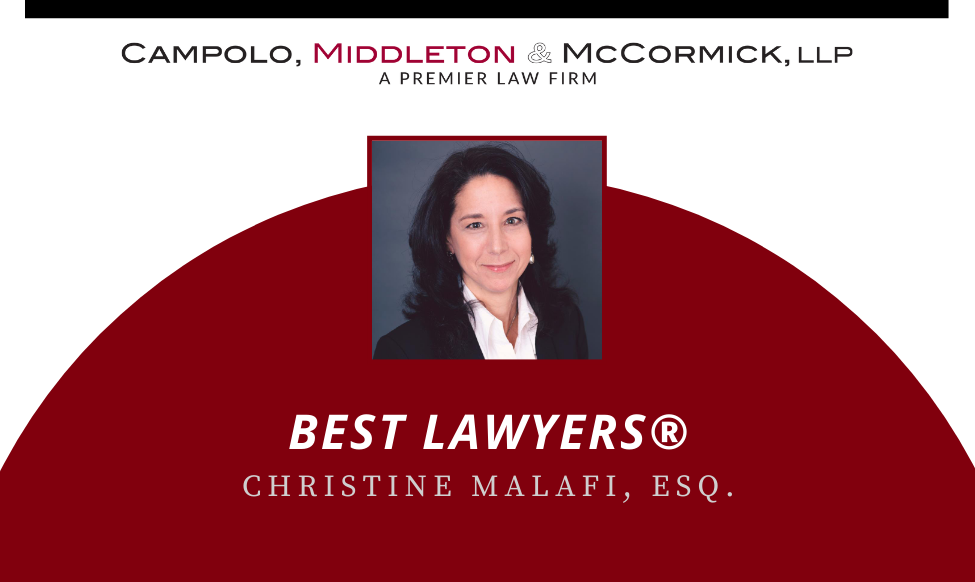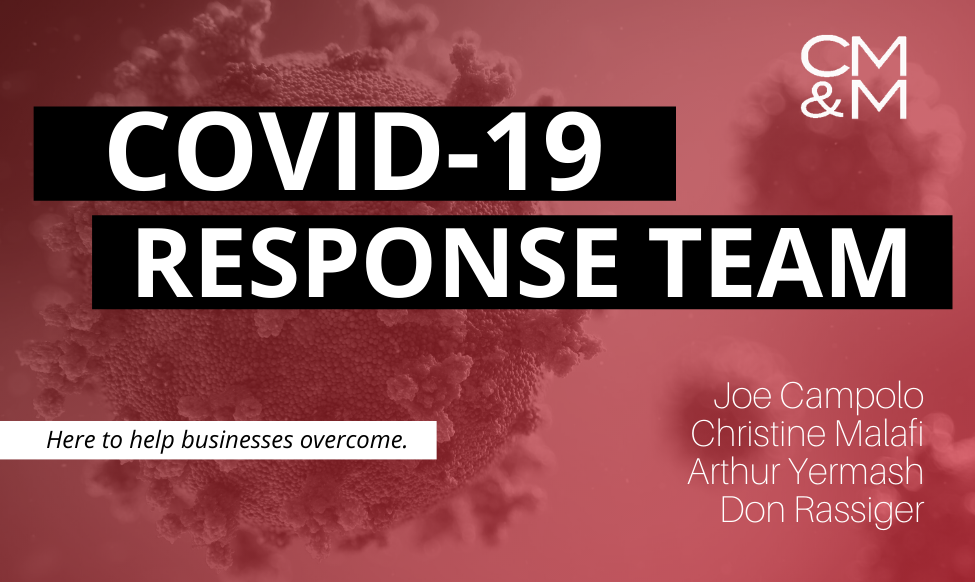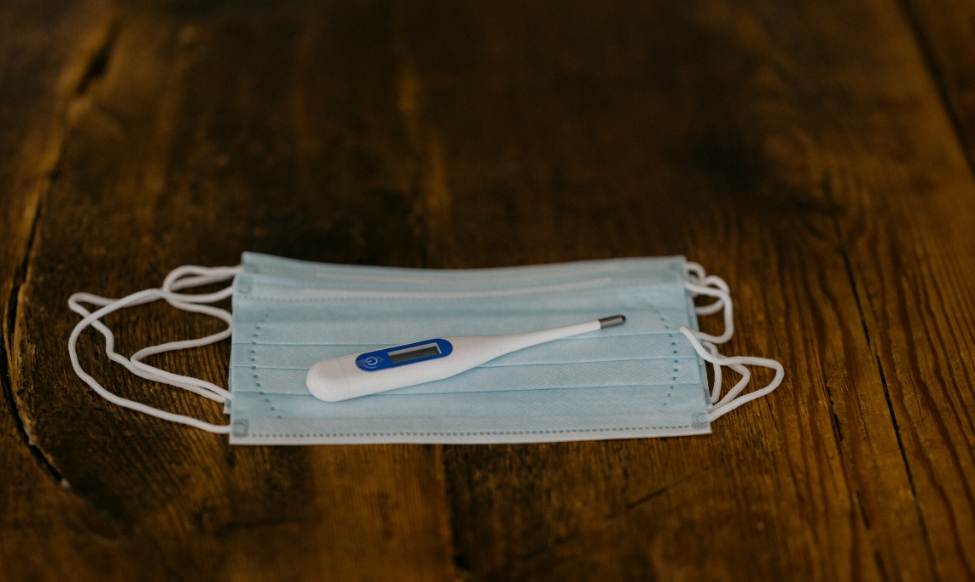By Christine Malafi
A year of unprecedented circumstances has wreaked economic havoc on businesses. Since March, employers have been necessarily focused on ensuring the survival and continuity of their businesses. However, during this “work from home during COVID-19” age, employers must ensure that compliance with the Fair Labor Standards Act (“FLSA”) remains a priority. Given the sudden, mandatory work-from-home Executive Orders in March, and the continued use of remote work to reduce in-person numbers even as the economy reopens, staying on top of the requirements can be a challenge. Here’s a look at what employers need to know.
What does the FLSA require?
The FLSA requires all non-exempt employees be paid for all hours worked, including overtime hours, regardless of whether the work is performed outside the office, including at home.[1] This has been held to include employee time spent checking email and voicemail, work-related telephone calls and texts, etc., as compensable.
When it comes to working from home, employers must pay non-exempt employees for all time utilized in remote work, “even if [the employer] d[oes]not ask for the work, even if they did not want the work done, and even if they ha[ve] a rule against doing the work” after set work hours. However, employers do not have to pay for work they do not, or should not, know about. Employers must pay for work done after hours only if they have actual or constructive notice of such work.
How can my business track employee time?
Given that employers may be on the hook for employees’ hours worked even if the employer did not request the work, did not want the work, or even prohibited the work, employers cannot simply close their eyes to tracking remote work by employees. They must use reasonable diligence to inquire into, and track, their employees’ work hours. Employee time sheets are a good first step, but they are not sufficient to establish “reasonable diligence” by employers to ensure time is not being spent outside of “normal” work hours.
Employers should establish procedures by which employees can report additional work time so as to be compensated.[2] This procedure should include proper instruction on how to report additional work time and actively encourage employees to report the additional work time. Under no circumstance should an employee be implicitly or overtly discouraged or impeded from the accurate reporting of work hours. Further, simply establishing a rule against unauthorized work is not enough to absolve the employer of its responsibility to pay for that time. Indeed, the Department of Labor’s Wage and Hour Division issued a Field Assistance Bulletin (“FAB”) on August 24, 2020, emphasizing that employers “ha[ve] the power to enforce the rule and must make every effort to do so.” The employer’s obligation is not unlimited: the FAB confirms that if an employer has a procedure in place for reporting time, and “an employee fails to report unscheduled hours worked through such a procedure, the employer is not required to undergo impractical efforts to investigate further to uncover unreported hours of work.”
Therefore, being able to accurately track hours is key. While there are time and attendance software or cloud services available, they aren’t a good fit in all workplaces, and additional steps should be taken anyway and incorporated into the procedures adopted by a business. These steps include directing exempt employees/management not to send/deliver emails, texts, etc. to non-exempt employees after hours, and requiring those employees to remind non-exempt employees to report after-hours work in accordance with the procedures put into place by the employer.
CMM can help you review and revise your procedures both to ensure compliance as well as to maximize the productivity of your workplace. In these unprecedented times, there’s no one-size-fits-all solution. Please contact us at (631) 738-9100 for personalized guidance and the peace of mind you need to keep your business moving forward.
[1] 29 C.F.R. 785.12.
[2] Field Assistance Bulletin No. 2020-05, Wage & Hour Administrator Cheryl M. Stanton; Allen v. City of Chicago, 865 F.3d 936 (7th Cir. 2017) (City not liable for uncompensated time police officers spent reading and responding to emails received on their Blackberrys after hours, as City was not shown to have actual or constructive notice of same).









